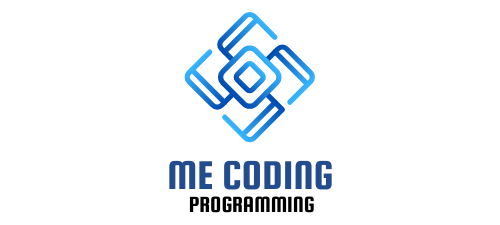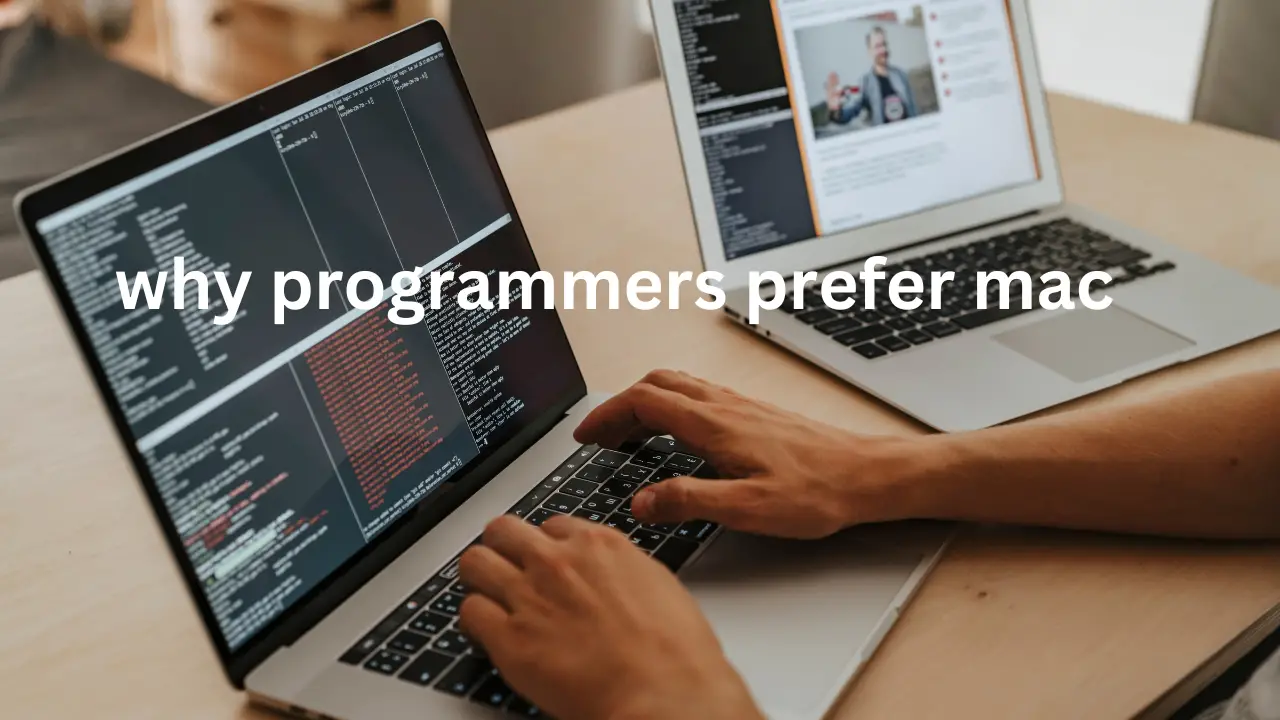Programmers are often faced with the decision of choosing the right computer for their work. In recent years, there has been a growing trend among programmers to prefer Mac computers over PCs. This article aims to explore the reasons behind this preference and shed light on why programmers often lean towards Mac for their development needs.
Mac vs. PC: A Programmer’s Perspective
Before diving into the reasons, let’s briefly compare Mac and PC from a programmer’s perspective. Both Mac and PC offer their unique set of advantages and disadvantages. While PCs are more customizable and often come at a lower price point, Macs are known for their sleek design, user-friendly interface, and optimized software-hardware integration. Despite these differences, many programmers opt for Mac for several compelling reasons.
Reasons Why Programmers Prefer Mac
1. User Experience and Design
Mac computers are renowned for their intuitive user experience and elegant design. The macOS operating system offers a visually appealing interface that simplifies navigation and streamlines productivity. This design-centric approach resonates well with programmers who value aesthetics and a well-crafted user experience.
2. Unix-Based Operating System
One of the significant advantages of Mac is its Unix-based operating system, which provides a powerful foundation for programming. The Unix architecture offers a robust command-line interface, a vast array of developer tools, and excellent support for scripting languages like Python and Ruby. This makes Mac an attractive choice for programmers who prefer the flexibility and familiarity of a Unix-based environment.
3. Development Tools and Software
Mac offers a comprehensive suite of development tools and software that cater specifically to programmers. Xcode, Apple’s integrated development environment (IDE), provides a feature-rich platform for building applications across various Apple devices. Additionally, Mac supports a wide range of programming languages, libraries, and frameworks, making it easier for developers to work with diverse technologies.
4. Terminal and Command Line Interface
Programmers often spend a significant amount of time in the terminal and command line interface (CLI) for various tasks, such as running scripts, managing code repositories, and deploying applications. Mac’s terminal, powered by the Unix shell, provides a robust and familiar CLI environment, empowering programmers with efficient workflow and automation capabilities.
5. Compatibility with Open-Source Technologies
The Mac ecosystem is highly compatible with open-source technologies, which are widely used in the programming community. Mac offers native support for tools like Homebrew, a package manager for macOS, allowing programmers to easily install and manage open-source software libraries and dependencies.
6. Seamless Integration with Other Apple Products
Many programmers are also users of other Apple products, such as iPhones, iPads, and Apple Watches. Mac’s seamless integration with these devices creates a unified and cohesive ecosystem, enabling developers to leverage cross-device functionalities and enhance their workflow.
7. Stability and Reliability
Mac computers are known for their stability and reliability, making them suitable for long coding sessions and resource-intensive tasks. The optimized hardware-software integration in Macs ensures smooth performance and minimizes crashes or system failures, providing programmers with a dependable environment to work in.
8. Security
Security is a crucial aspect for programmers, especially when dealing with sensitive data and confidential code. Mac’s macOS comes with built-in security features like Gatekeeper, FileVault, and System Integrity Protection, which help protect against malware, unauthorized access, and data breaches. The robust security measures offered by Mac give programmers peace of mind and confidence in their work environment.
9. Performance
Mac computers are known for their exceptional performance, even when handling demanding development tasks. With powerful processors, ample memory, and high-quality components, Macs can handle resource-intensive workloads efficiently. This performance advantage allows programmers to run complex applications, compile code faster, and iterate more effectively.
10. Community and Support
The Mac programming community is vibrant and well-established. Programmers who choose Mac can benefit from a vast network of fellow developers, online forums, and dedicated support channels. This community provides valuable resources, knowledge-sharing opportunities, and assistance when facing programming challenges.
11. Developer-Friendly Ecosystem
Apple has created a developer-friendly ecosystem that fosters innovation and creativity. The company offers comprehensive documentation, development guidelines, and resources to help programmers build high-quality applications for macOS, iOS, and other Apple platforms. This ecosystem empowers programmers to explore new technologies, develop cutting-edge solutions, and tap into Apple’s vast user base.
12. Availability of Development Libraries and Frameworks
The Mac platform boasts a wide array of development libraries and frameworks, catering to different programming languages and domains. Whether it’s Cocoa and Cocoa Touch for building native applications or popular cross-platform frameworks like React Native, Mac provides developers with abundant choices and resources to accelerate their development process.
13. Aesthetics and Prestige
While aesthetics may not be a decisive factor for everyone, Mac’s sleek design and premium build quality have created a sense of prestige around the brand. Many programmers appreciate the craftsmanship and attention to detail that Apple puts into its products, and using a Mac can contribute to a professional and polished image.
Conclusion
In conclusion, Mac computers have become the preferred choice for many programmers due to a combination of factors. From the user-friendly interface and elegant design to the Unix-based operating system and robust development tools, Mac offers a compelling ecosystem for programmers to thrive in. The compatibility with open-source technologies, seamless integration with other Apple products, stability, security, performance, and strong community support further contribute to its popularity among programmers.
FAQs
Q1: Are Mac computers more expensive than PCs? A1: Mac computers tend to have a higher price point compared to PCs. However, many programmers consider the investment worthwhile due to the unique benefits and features offered by Mac.
Q2: Can I use a Mac for programming languages other than those supported by Apple? A2: Absolutely! Macs support a wide range of programming languages, including popular ones like Python, Java, C++, and JavaScript. You can develop applications in various languages on a Mac without any limitations.
Q3: Do I need to be proficient in Unix to use a Mac for programming? A3: While having knowledge of Unix can be beneficial, it is not a prerequisite for using a Mac for programming. The macOS provides a user-friendly interface, and you can gradually learn Unix commands as you delve deeper into programming.
Q4: Can I use Windows on a Mac computer? A4: Yes, Macs offer the option to run Windows through virtualization software like Parallels Desktop or by dual-booting with Boot Camp. This flexibility allows you to work with Windows-specific tools or test applications on different operating systems.
Q5: Are there any downsides to using a Mac for programming? A5: While Macs offer numerous advantages, they may not be the ideal choice for every programmer. Some downsides include the higher price point, limited gaming options compared to Windows, and the need to adapt to a different operating system if you’re accustomed to Windows.

